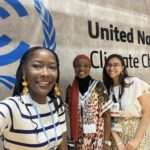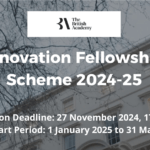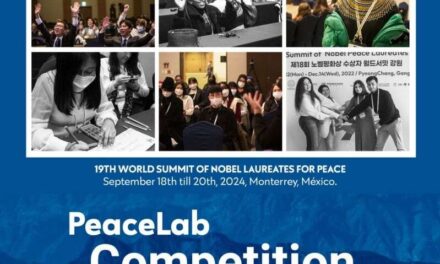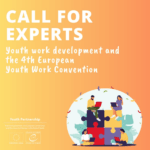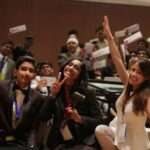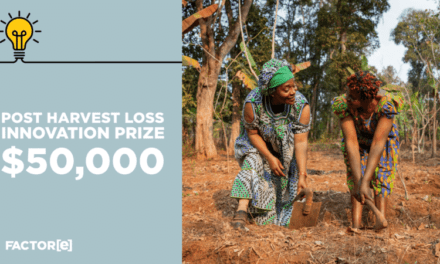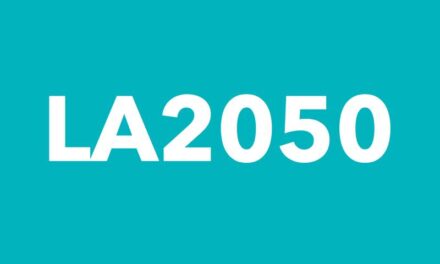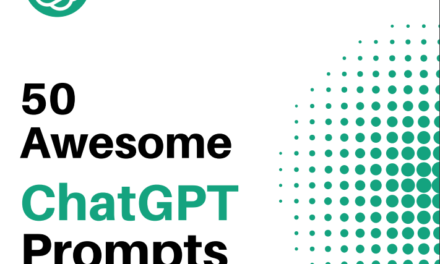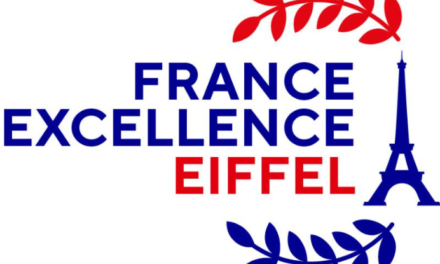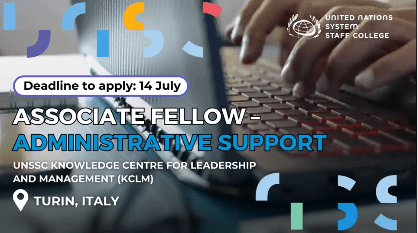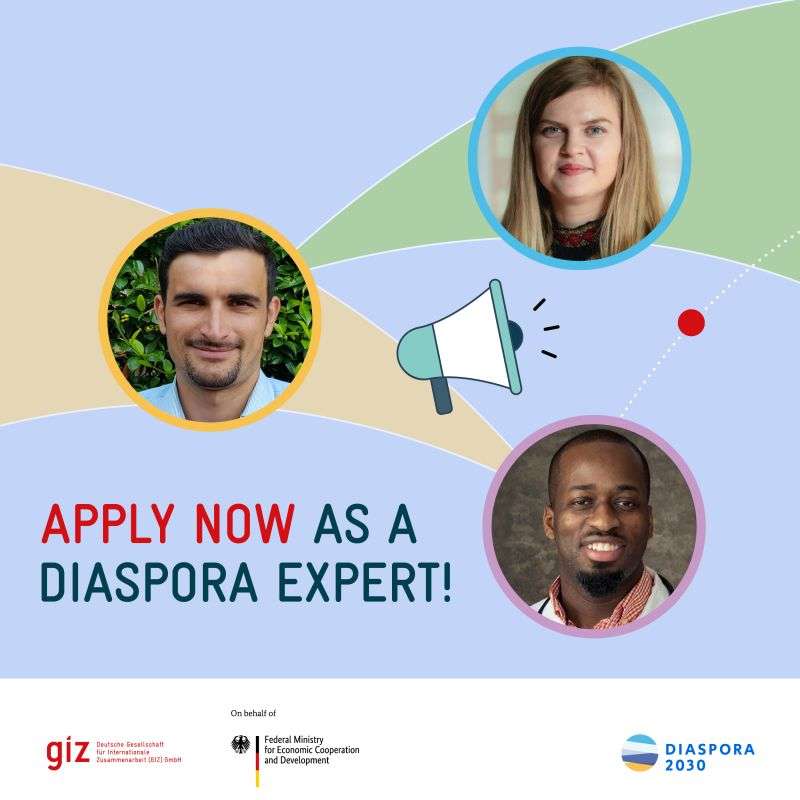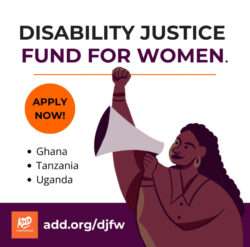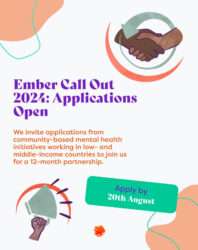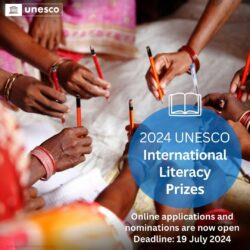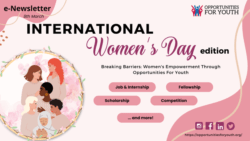
Applying for an UNDEF project grant and selection process
Do you have a vision for a project that can make a positive impact on civil society, human rights, and democratic processes? The United Nations Democracy Fund (UNDEF) is calling for project proposals in their 2023 Call for Project Proposals. Here’s everything you need to know about the application process and the rigorous selection journey that awaits.
UNDEF’s Mission
UNDEF is committed to supporting projects that empower civil society, advocate for human rights, and foster participation in democratic processes. These projects span a duration of two years, and applicants can request grants ranging from a minimum of $100,000 to a maximum of $200,000. UNDEF primarily directs its funds to local civil society organizations, complementing the UN’s efforts to enhance democratic governance globally.
A History of Impact
Since its establishment in 2006, UNDEF has provided support to over 890 projects across more than 120 countries, amounting to over $211 million. However, with a rigorous selection process, only a select few, fewer than two percent of proposals, receive funding.
Project Areas
Projects submitted to UNDEF typically fall under one or more of six key areas. This year, UNDEF is particularly interested in projects that promote civic engagement for climate action. Additionally, they always encourage proposals that advance gender equality and empower youth.
The Application Process
The application process comprises several stages:
- Online Project Proposal: The application process begins with an online project proposal. You can access the online proposal system on the UNDEF website during the annual window. Be sure to review the provided documents and guidelines. Keep in mind that proposals submitted via email or other channels will not be considered.
- Long List: All proposals undergo a thorough assessment, quality control, and due diligence process. Independent assessors examine and score applications based on various criteria, including the project’s alignment with UNDEF’s objectives, potential impact, inclusiveness, gender equality, and more. The highest-scoring projects, typically around 200-300, make it to the long list.
- Short-List: The long list then goes through a review by the Fund’s Programme Consultative Group, which includes several UN bodies. This group ensures that the selected projects align with the UN’s broader objectives.
- UNDEF Board: The short-listed projects are further reviewed by the UNDEF Advisory Board, consisting of governments, civil society, and individuals.
- UN Secretary-General: The final short list is presented to the UN Secretary-General for approval.
- Project Document: If your project makes it to this stage, the negotiation of a project document, essentially the contract between UNDEF and the grantee, begins. This phase involves a more detailed project design and input from both UNDEF and the applicant. Only upon the successful conclusion of this phase, including scrutiny and due diligence checks, will the project be formally approved for fund disbursement.
The process of selecting projects is meticulous, and the expected timeline for project approval usually falls in September, but often not before October and sometimes even later.
If you have a project that aligns with UNDEF’s mission and criteria, don’t miss the application window for 2023.


